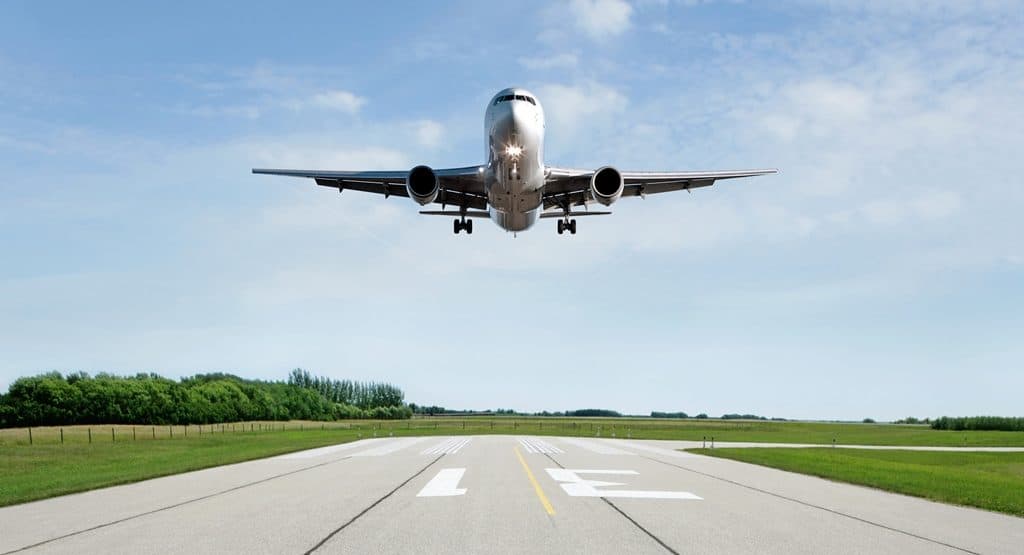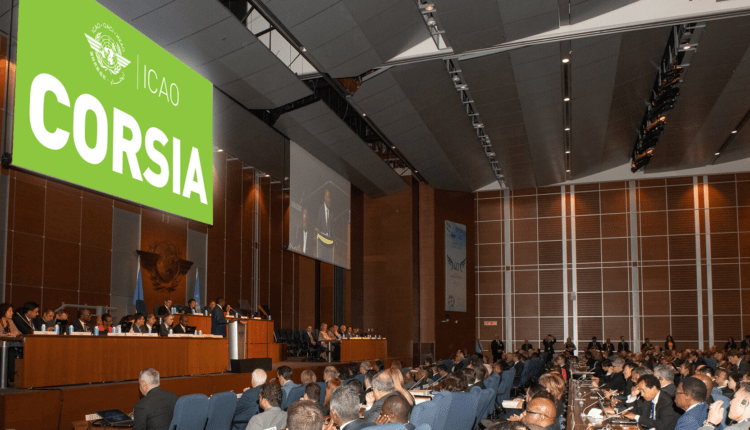Every year on 22 April International Earth Day is recognized around the world. There is much to celebrate this year and 2020 marks its 50th anniversary of Earth Day. The ways in which the global community is commemorating this important day this year have been impacted by COVID-19. The pandemic is affecting people’s lives in countries around the world and the fast-changing situation is a reminder of the vulnerability of humans and the planet in the face of global-scale threats.
To mark the half-century anniversary, Climate Action was chosen as the theme for Earth Day 2020 and there were a series of events planned that would bring people together, until COVID-19 brought about a dramatic shift. Though Earth Day 2020 calls for 24 hours of actions, big and small, for people and the planet, the plans shifted to virtual global conversations, positive acts, performances, webinars and digital events that support urgent action on climate change.
As part of our efforts to support the well-being of the planet and to meet the UN Sustainable Development Goals, at ICAO we remain committed to helping States and this industry reduce aviation’s impact on the environment. The aviation industry is resilient. The recovery of global air connectivity is crucial to achieving the United Nations Agenda 2030 for Sustainable Development.
ICAO sets Standards, policies and plans that are agreed by 193 States in support of a safe, efficient, secure, economically sustainable and environmentally responsible civil aviation sector, and this includes Standards on aircraft noise, emissions that impact local air quality and CO2. As the focus of Earth day is Climate Action, it is important to highlight that ICAO and its Member States have taken many steps towards a more sustainable future from a climate perspective.
In 2010, aviation became the first sector that committed to carbon-neutral growth, meaning that aviation would grow but its CO₂ emissions would not. The plan that followed included measures to progress technology, operational measures and sustainable fuels and the Carbon Offsetting and Reduction Scheme (CORSIA) for International Aviation was adopted as the first global market-based measure (MBM) for any sector.
The action taken by ICAO on technology meant that aviation became the first sector to adopt a CO₂ aeroplane certification standard for both new and in-production aircraft. Today we continue to see unprecedented development in technology, including in electric and hybrid aircraft and the consideration of other energy sources, with some small electric aircraft that have already been tested.

Regarding actions on sustainable aviation fuels, since the initial flight tests in 2009, many production paths have been certified, and more than 200,000 commercial flights have flown using sustainable fuels from different sources. Many actions are being taken now to increase the amount of sustainable fuels available at a reasonable cost. In 2017, ICAO adopted the 2050 vision for sustainable aviation fuel as well as a stocktaking process to quantify the vision. ICAO is also facilitating the development of feasibility studies and facilitating the implementation of partnerships and measures to foster progress. ICAO has also developed global sustainability criterion for considering sustainable aviation fuels under CORSIA, providing a concrete policy that directly incentivizes the use of such fuels.
On the action associated with CORSIA, many MBM options were considered. However, after full consultations, in 2016, CORSIA was adopted as the first global market-based measure for any sector. Since then Standards, policies and tools for its implementation were expeditiously developed, and an unprecedented capacity building programme was put in place. More than 100 States were trained by experts from other States and in parallel, industry trained its operators so that all the national regulations and procedures to start the monitoring, reporting and verification of CO2 emissions were in place.

Based on these actions we will successfully achieve our mid-term commitment for carbon-neutral growth from 2020, and following the instructions of the 40th Session of the ICAO Assembly, ICAO is working on the feasibility of a long term aspiration goal for international aviation. A cornerstone of this initiative is the ICAO Stocktaking Seminar on in-sector CO2 reduction initiatives that is currently planned to be held on 8-10 September 2020, with an online preview on 28 April. More information on this initiative can be found here.
To showcase all the initiatives of the sector to reduce its CO2 emissions, on the event of this Earth Day, ICAO would like to encourage you to visit the ICAO Sustainable Aviation Coalition website where you will find the new aviation CO2 Emissions Reduction Initiatives Tracker Tool. This tool aims to collate all measures being taken by stakeholders in reducing CO2 emissions from aviation and is part of the ICAO Global Coalition, which is a living initiative that provides the flexibility to keep pace to communicate the tremendous developments and innovations in the sector.
It is important that we do not waver in our commitment to sustainability as States and the industry work to recover from the impacts of COVID-19. On Earth Day we recognize and celebrate the contributions and commitments of not just our Member States, but also international organizations, industry and civil society, who are all supporting ICAO in its achievements thus far and its leadership towards a more sustainable future for aviation.
Our global climate action strategy provides a solid foundation for further progress. For this reason, on Earth Day, ICAO is asking everyone to join us in advocating for even greater commitments to ensure a robust and sustainable future for the global civil aviation network.
Aviation is in essence, a technology-driven sector that has fulfilled humankind’s dream of flying. The next chapter for aviation will involve fulfilling the societal aspiration of an environmentally sustainable future of flight.


